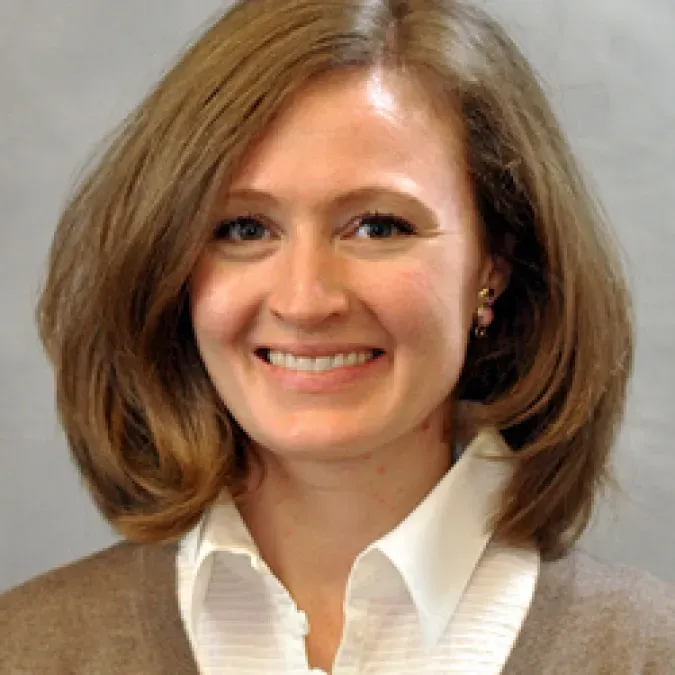These researchers dedicate their careers to finding new treatments and cures for people with cancer.
Dr. Chapuis Takes on Metastatic Melanoma
Within the last few years, a type of immunotherapy known as T-cell therapy has emerged as a promising treatment option for certain cancers. T cells are immune cells that can fight infectious viruses and also cancer. In T-cell therapy, these cells are removed from a patient’s blood, modified in the lab to recognize cancer cells, and returned to the patient’s body to destroy the cancer cells.
Early in her career, Dr. Aude Chapuis was able to study T-cell therapy thanks to a 2010 AACR/Conquer Cancer Foundation (CCF) of ASCO Young Investigator Translational Cancer Research Award. Dr. Chapuis is an assistant member of Fred Hutchinson Cancer Center’s Clinical Research Division, and an assistant professor at the University of Washington. She is currently overseeing several clinical trials building on the findings of her AACR/CCF-supported study.
“The bottom line is if I had not received the Young Investigator Award, I would not be here,” she said. “The work enabled by my award was instrumental in revealing what needed to be done moving forward.”
Specifically, Dr. Chapuis’ initial study was one of the first to combine T-cell therapy with a type of drug called a checkpoint inhibitor. She treated ten patients with metastatic melanoma, and they tolerated the therapy very well. Better yet, two of the patients entered complete remission. Dr. Chapuis found there was a positive interaction between the T-cells and the checkpoint inhibitor; each treatment helped the other to be more effective.
“We’ve built on this work,” explained Dr. Chapuis. “We are now expanding the disease focus to other types of cancer – Merkel cell carcinoma, thoracic cancers, leukemia, and more.”
In other words, the results of Dr. Chapuis’ early research in melanoma could ultimately increase treatment options for a variety of different cancers.
Dr. Chapuis’ Young Investigator Translational Cancer Research Award was jointly supported by the American Association for Cancer Research (AACR) and the Conquer Cancer Foundation.
